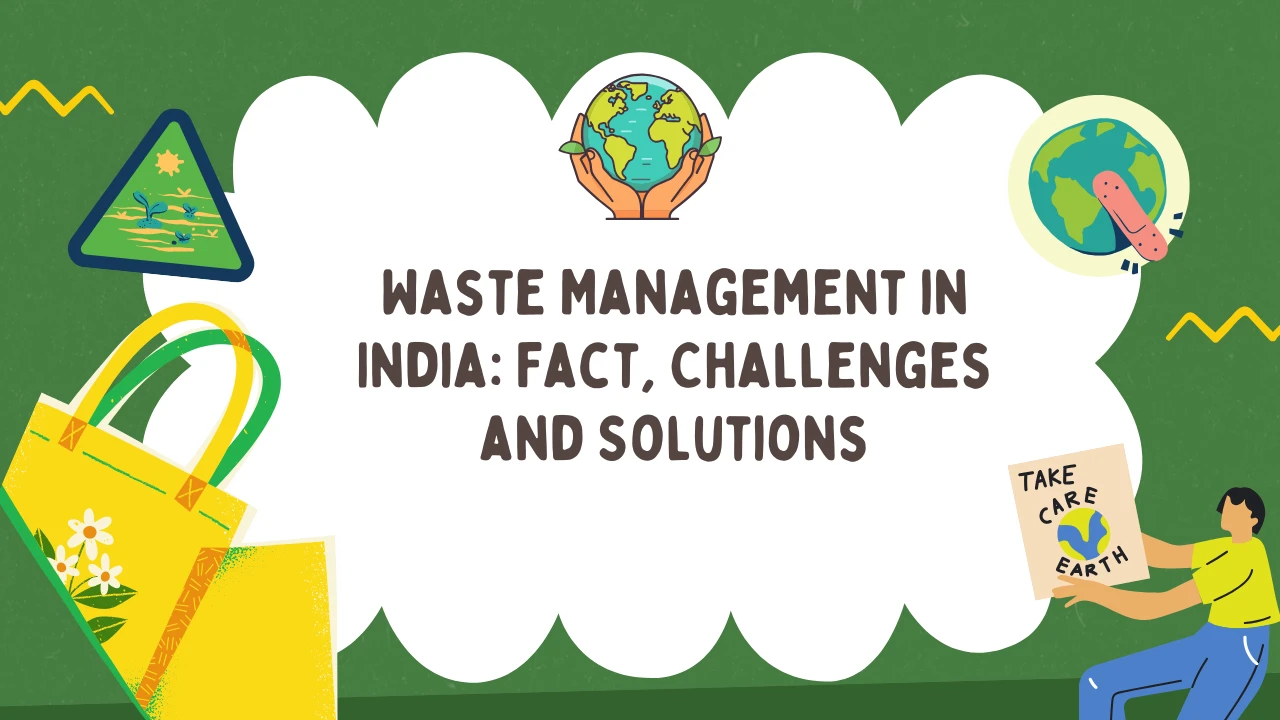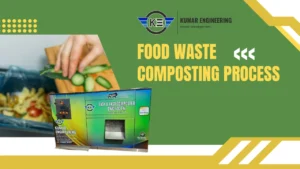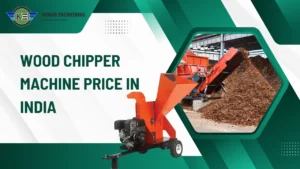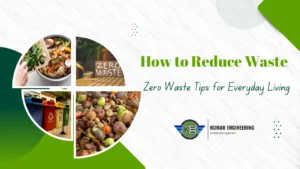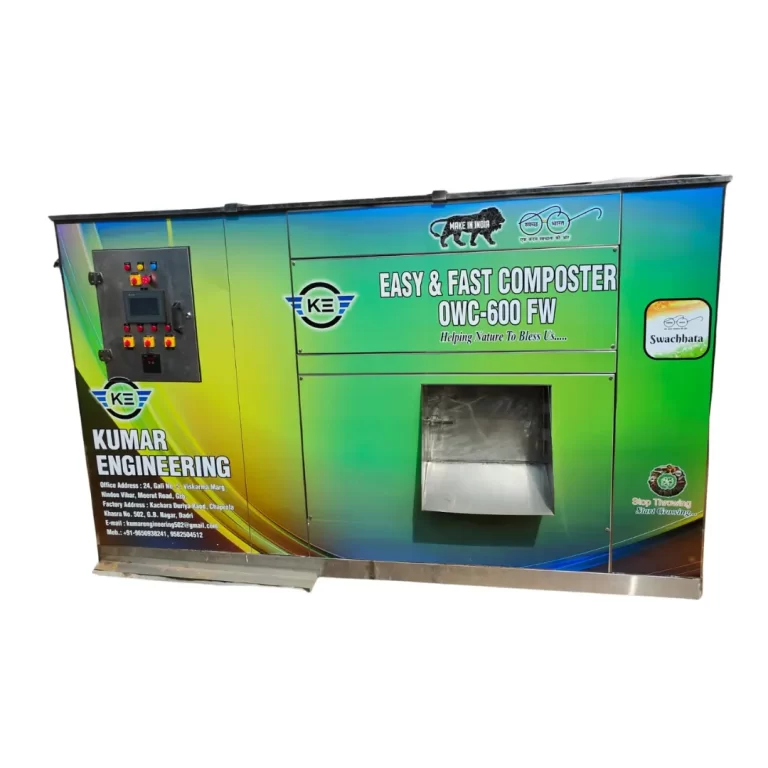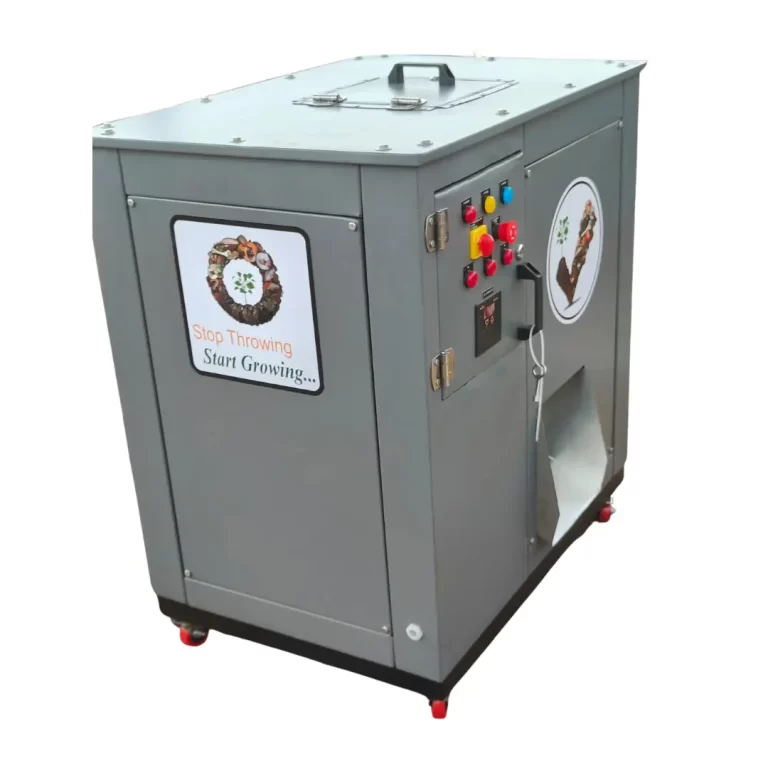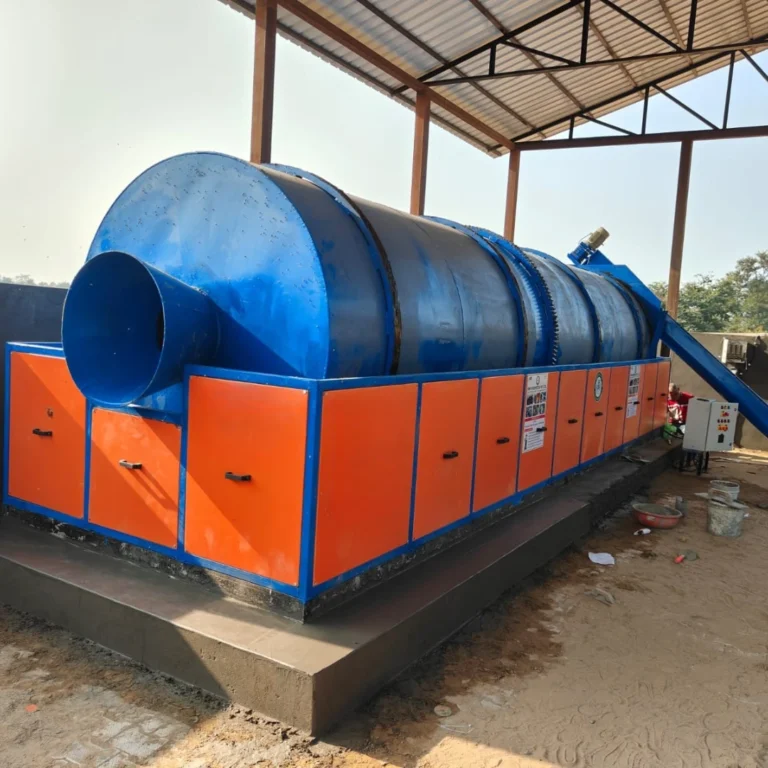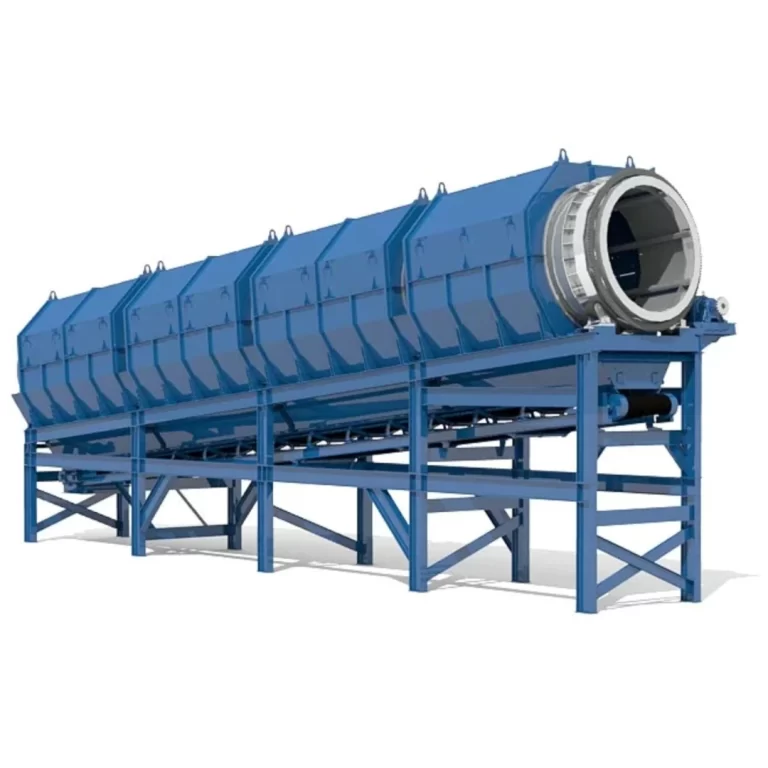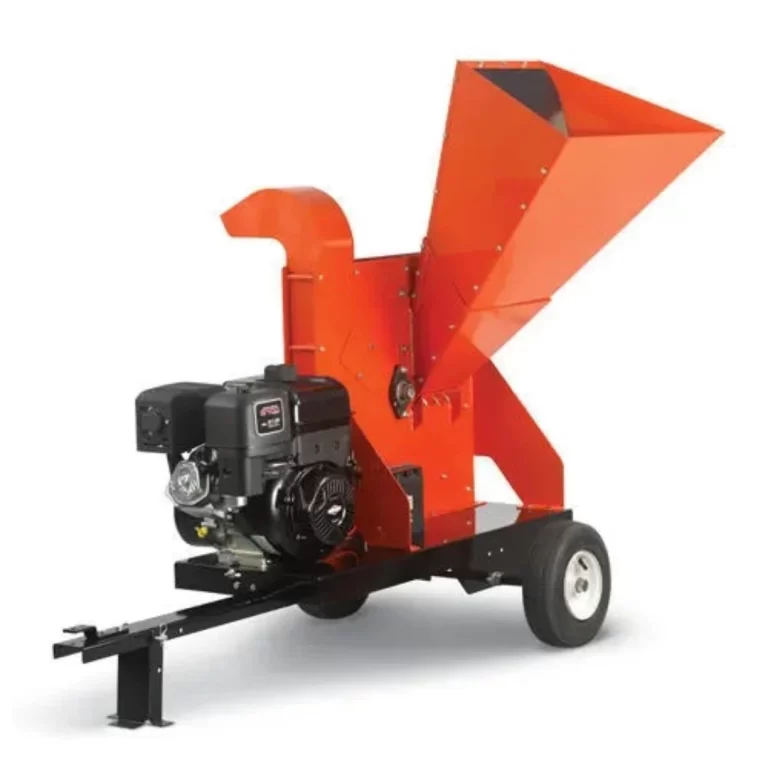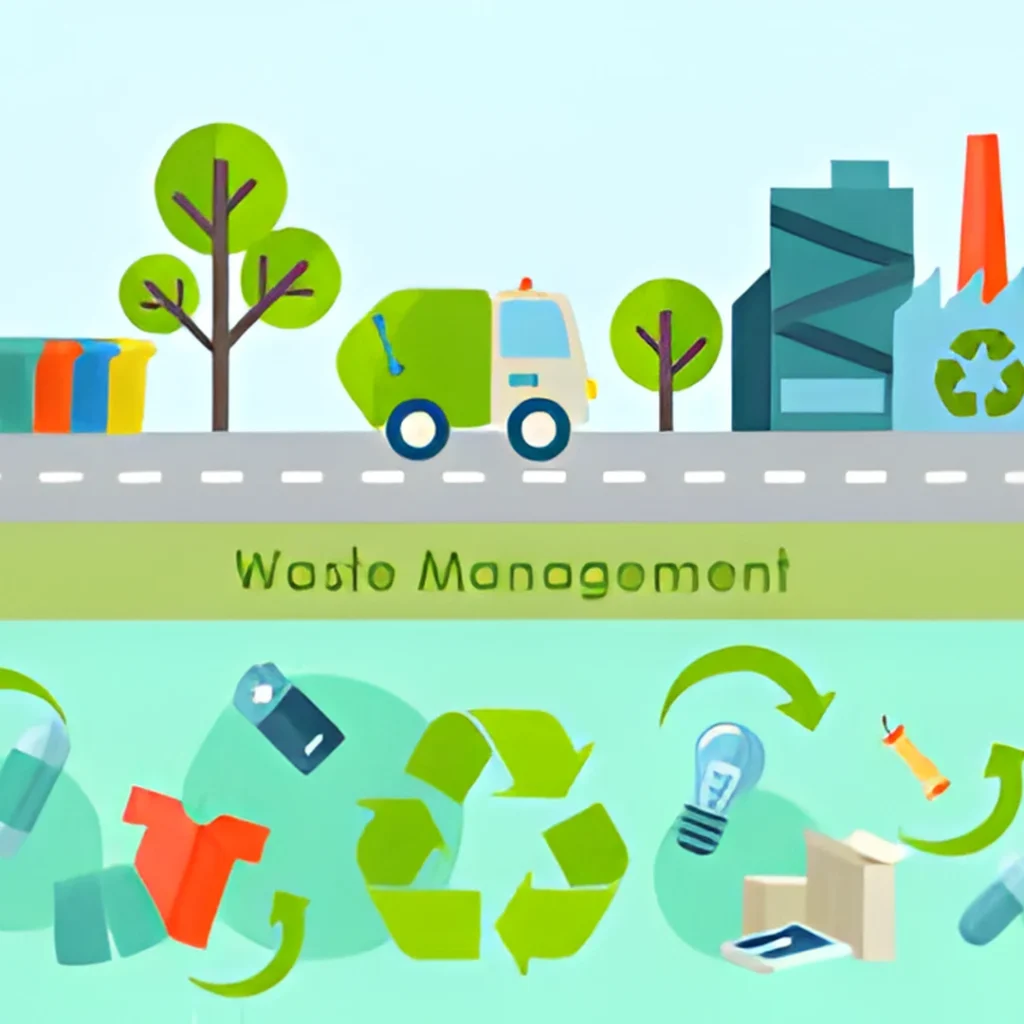India is a developing country, and with a growing population and industrial development, the country’s economic situation is improving, but environmental problems are also increasing. Problems such as increased pollution and the lack of timely waste management exist. Waste management is essential for the country’s proper development. This is a serious problem, but it can be addressed with a combination of the right policies, public participation, and technology. Let’s first consider some key facts, then consider the challenges, and finally explore some practical solutions.
Waste Management Problems in India
India is a rapidly urbanizing country, generating millions of tons of solid waste daily. A growing population, changing consumption habits, and industrialization have made waste management a serious India’s challenges in Waste Management.
- Excessive Waste Generation: Urban areas generate a huge amount of waste every day. As living standards rise, per capita waste generation is also increasing.
- Lack of Waste Segregation at Source: Most homes and shops do not separate wet and dry waste. Without separation, recycling and composting become impossible.
- Lack of Collection and Transportation: Municipalities are able to collect only about 60–70% of waste. The remaining waste remains dumped in the open, increasing the risk of filth and disease.
- Overflowing Landfills (Dumping Grounds): Landfills in major cities like Delhi, Mumbai, and Chennai are overflowing, causing toxic gases, odors, and groundwater pollution.
- Inadequate Recycling Infrastructure: The informal sector (ragpickers and scrap dealers) recycles a significant portion of the waste, but modern recycling plants and machinery are lacking.
- Lack of public awareness: People are negligent in properly disposing of or segregating waste. Open dumping and burning of garbage is common, contributing to pollution and health problems.
- Financial and administrative problems: Municipal bodies lack adequate funds, modern equipment, and trained staff. Policies exist, but their implementation is poor.
Challenges of Waste Management
- Rapid Urbanization and Population Growth: The rise in population and urban migration leads to a massive increase in daily waste generation, putting pressure on municipal systems.
- Lack of Segregation at Source: Most households and industries do not separate biodegradable and non-biodegradable waste, making recycling and composting inefficient.
- Overflowing Landfills: Existing landfill sites are overburdened, leading to environmental hazards such as groundwater contamination, toxic leachate, and methane gas emissions.
- Inadequate Infrastructure: Collection vehicles, modern treatment plants, and scientific disposal facilities are insufficient compared to the volume of waste produced.
- Financial Constraints: Municipal bodies often struggle with budget shortages, limiting investment in waste processing technologies and skilled manpower.
- Low Public Awareness: Citizens are often unaware of proper waste disposal practices, resulting in littering, open dumping, and burning of garbage.
- Informal Sector Dependency: A large portion of recycling depends on informal workers like ragpickers, who lack safety measures and recognition, making the system unorganized.
- Plastic and E-Waste Surge: The rise of single-use plastics and electronic waste adds to the complexity, as they require specialized disposal methods.
- Weak Policy Enforcement: While rules exist, poor monitoring and enforcement reduce their effectiveness.
While managing waste, one has to face the challenges mentioned above. These challenges in waste management can be reduced or eliminated with some solutions. These challenges can be overcome with the right policy and execution.
Solution for facing Challenges in Waste Management
Below are some practical and implementable solutions that could be useful in the Indian context:
- Systematic Segregation at Source: Every household/shop/institute should be provided with three bins: organic, recyclables, and residual. Governments and local bodies should conduct awareness campaigns and training programs in schools and neighborhoods.
- Developing Smart and Adequate Infrastructure: Municipalities should set up transfer stations, mechanized collection vehicles, recycling centers (MRFs), composting biogas plants, etc. Technologies such as IoT-based bin fill sensors, GIS mapping, vehicle tracking, etc. can be used.
- Landfill Management Improvements: Close old and unsafe dumping sites and convert them into engineered sanitary landfills, equipped with a leachate control system, lining, and gas capture systems, to reduce environmental pollution and methane gas emissions.
- Extended Producer Responsibility (EPR) and Policy Strengthening: Product manufacturers (packaging, electronics, plastics, etc.) should be held responsible for the end-of-life of their products. Ensure policies are properly implemented and regulations are responsive to the situation.
- Economic Models and Financing Measures: Consider waste management as a sustainable business model—attract investment through user fees/collection charges/tax or duty models, PPP (public-private partnerships), CSR funding, green bonds, etc.
- Involvement of the Informal Sector: Formalize scrap dealers and reclaimers, providing them with safety, health care, and training to improve their work and recycling. This will enhance the contribution of the informal sector.
- Public Participation and Education Campaigns: Encourage the public to segregate waste, avoid burning, and reduce plastic use. NGOs, schools, and social organizations should play a role in this.
- Use innovative technologies: such as waste-to-energy plants, automatic sorting facilities, biogas production, composting, smart bin sensors, digital tracking, etc. These solutions will save time and resources and make operations more efficient.
- Consistent monitoring, transparency, and accountability: Annual waste audits should be conducted, data should be made public, and municipalities should be held accountable. A strong citizen grievance management system should be established at the local level.
Conclusion:
Waste management is not just a government responsibility, but requires a collaborative effort from society, industry, citizens, and policymakers. In India, if we adopt source segregation, create adequate infrastructure, strictly enforce policy, and increase public participation, we can achieve our goals of cleanliness, environmental protection, and health.
Nowadays, the process of waste management has become easier with the help of growing industries, and the machines manufactured by them have contributed significantly to this. Leading food waste composter machine manufacturers, such as Kumar Engineering, provide high quality, advanced technology, and features through their machines. They offer a wide range of waste management solutions, such as wood cutting machines, baling machines, waste shredder machines, and more. They are known for the quality, durability, and reliability of their products.

